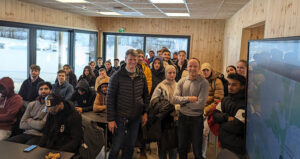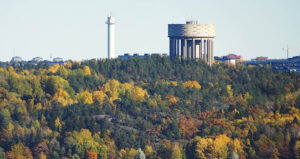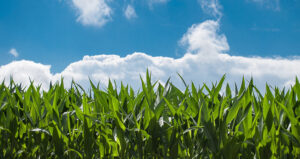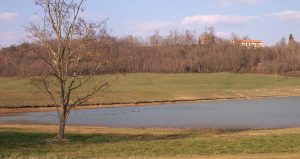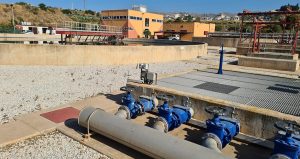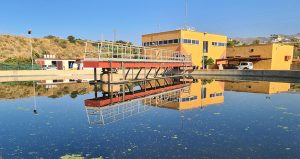Agriculture hub in Spain identifies barriers to water reuse
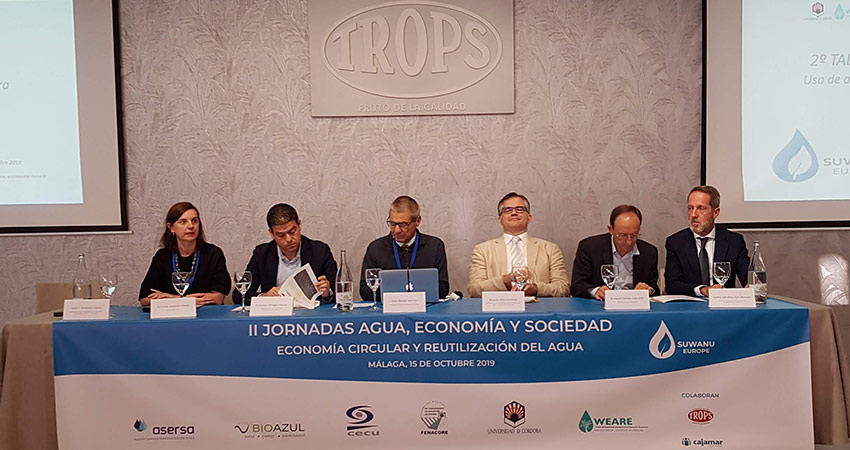
- 21 October 2019
-
 Esther Rasenberg
Esther Rasenberg
Share article:
“Acceptance from the public and health authorities. That is the main barrier for reusing wastewater in agriculture. We do have the knowledge and the technology to reuse wastewater”, stated Rafael Mujeriego president of the Spanish association of sustainable water reuse (Asersa) and professor at the University of Cordoba Tuesday 15 October during a Suwanu conference on water reuse in Velez-Malaga.
While trucks with mangos and avocados are driving on and off at the local cooperation Trops stakeholders gathered in a conference room to talk about solutions for the growing lack of water in the area. The dry region of Axarquia is for the second time in three years in a stage of alert. Water scarcity is inhibiting growth. For local water experts, companies and farmers it is obvious they need to start using all possible water resources. “We need to act now”, stated Antonia Lorenzo from BioAzul, the engineering agency that organised the meeting.
European regulation
Identifying barriers was one of the objectives of the programme. Mujeriego also pointed to the upcoming European guideline on Water Reuse as an obstacle. “It creates fear and is mainly focused on prevention. Setting a minimum of strict microbiological and chemical requirements complicates water reuse. But we will have to play on this field, so we can and will do that. Adding one extra step to waste water treatments plants is in most cases sufficient.”
Exemptions
If it comes to water reuse Spain is internationally leading. On many locations wastewater is already reused for irrigation. Mujeriego advised local water reuse initiatives to describe their process in detail now. The European Council added in June in their general view on the Water Reuse Guideline that reclamation plants that are already in operation will be exempted from the validation monitoring obligations. All they have to do is meeting the reclaimed water quality requirements mentioned in the annexes.”
Water pricing
A ‘best practice’ can also be a powerful instrument to identify or even remove barriers. Diego Berger from the Israeli public water company Mekorot introduced the Israeli model to the participants. “Israel started in a time of water scarcity”, explains Berger. “We have only a few water sources but we are still able to export water thanks to good governance. Israel is reusing 85% of its water. Spain only 23%. A big difference is that in Israel all water sources are measured and divided by the public water company between all users. Water prices are considered as a crucial instrument. Reclaimed water is cheaper than drinking water and gets more expensive if you use a lot of it. In the water price investments are also included so the water infrastructure is independent from politics.”
Suwanu
The European funded project Suwanu has twenty partners in eight countries. It is focusing on the reuse of reclaimed water for irrigation in agriculture. The aim of the project is to promote the effective exchange of knowledge, experiences and skills between practitioners and relevant actors of water reuse in agriculture.
More information: Suwanu

